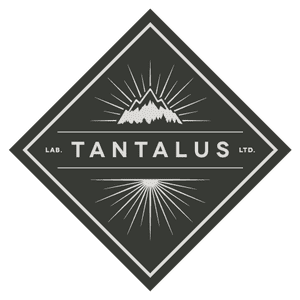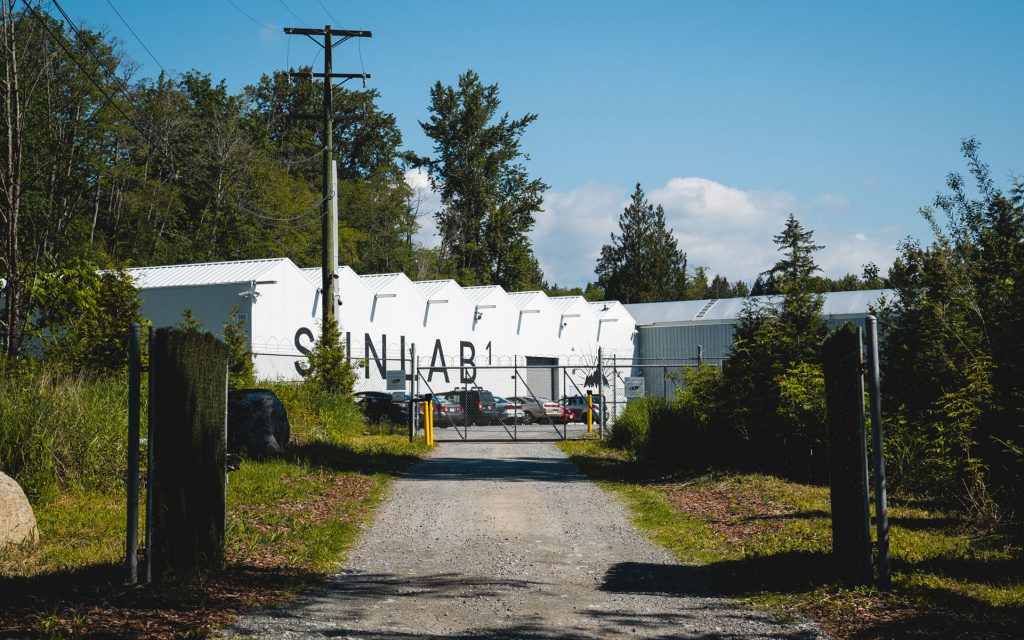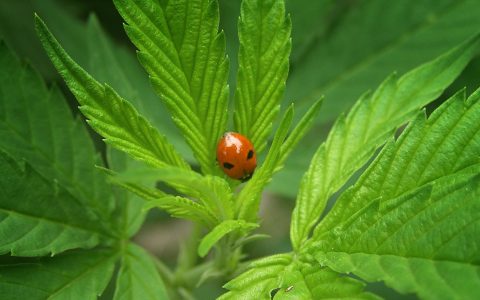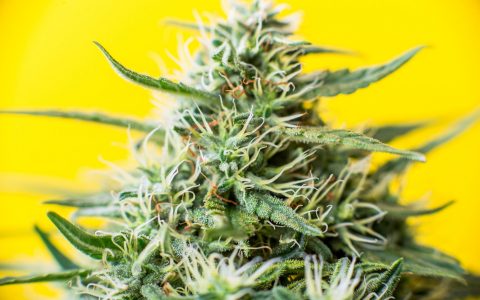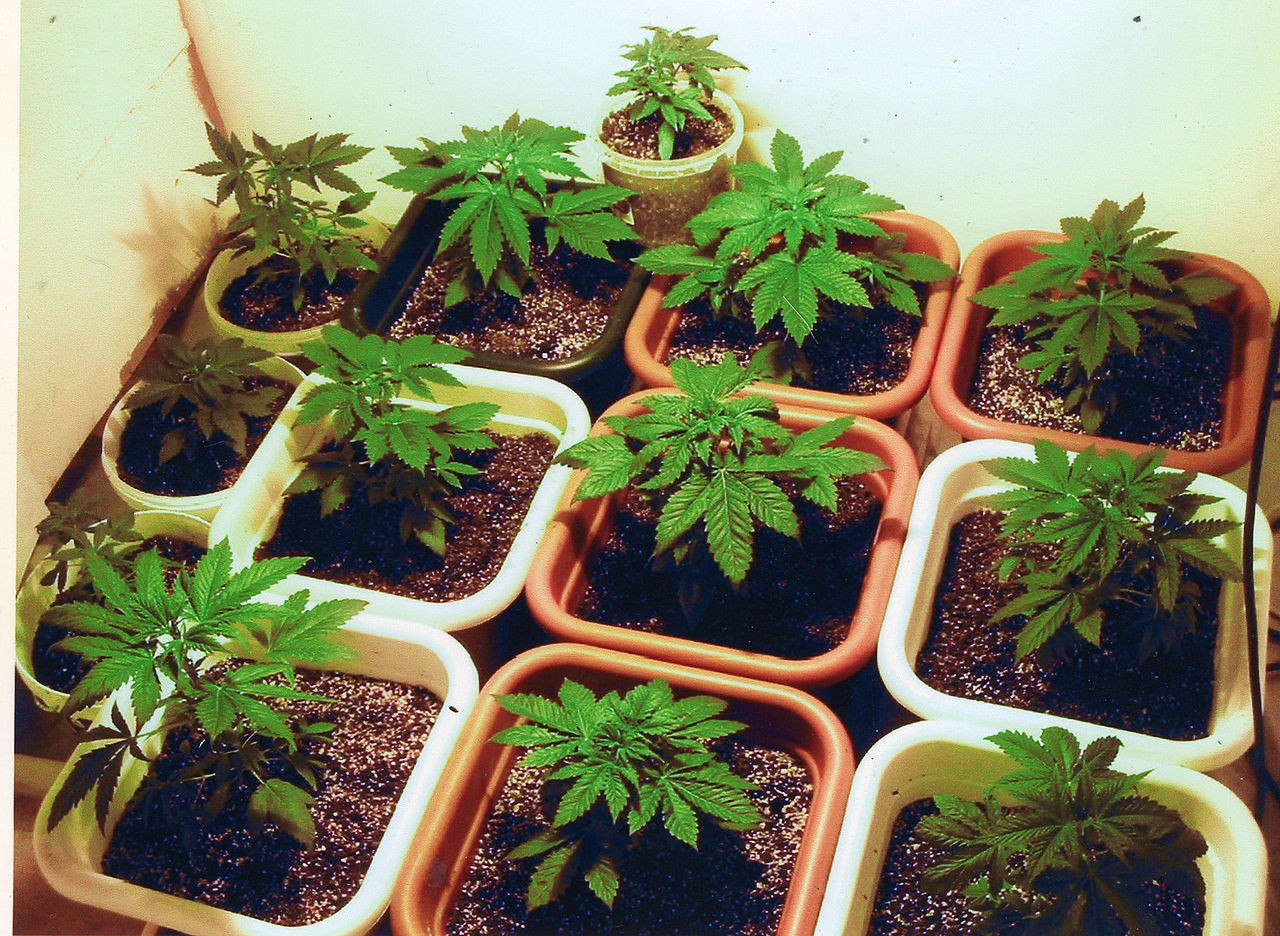When Tantalus Labs Founder and CEO Dan Sutton set out to produce premium small batch BC Bud in 2012 he didn’t think he’d end up revolutionizing how cannabis can be cultivated.
An uncle who worked growing seedlings for the forestry industry recognized the potential for growing cannabis in a greenhouse and proposed the idea to Sutton.
The problem was no existing greenhouses could be properly converted to grow cannabis, explained Sutton, because of the regulations around growing cannabis and the specific needs of the crop.
Dan Sutton
So Tantalus Labs designed SunLab¹, a first-of-its-kind greenhouse designed from the ground-up to cultivate cannabis using natural sunlight, rainwater and insects to control pests.
“You see it in the plants, they’re so happy,” said Sutton. “The combination of sunlight and rainwater; The planet has been doing a pretty good job of this for four billion years so we don’t need to reinvent the wheel. We love technology at Tantalus Labs but it seems all of our technology exploration drives us back to a more natural style of cultivation.”
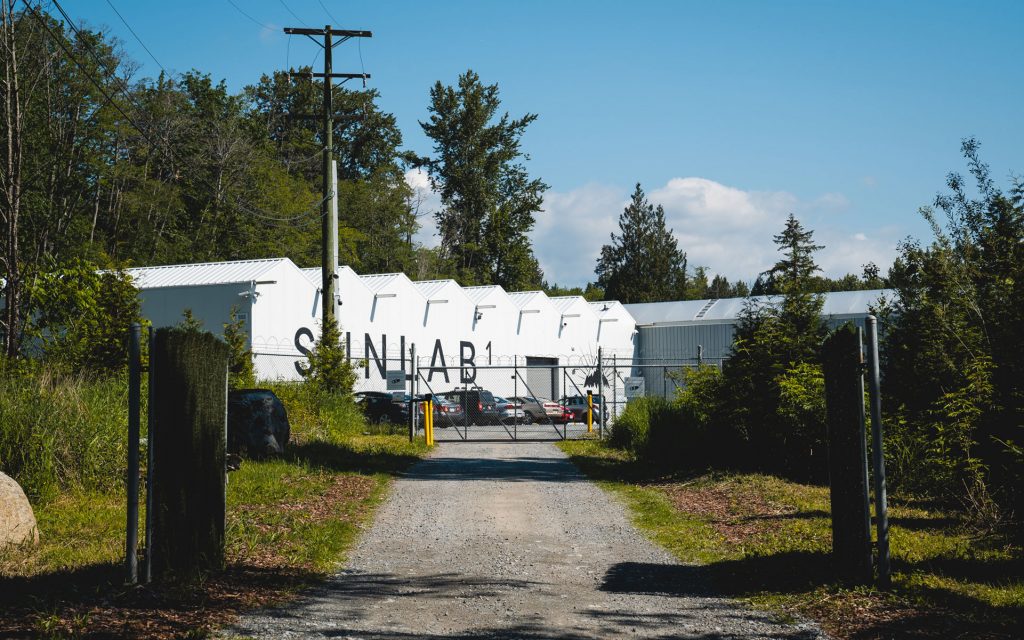 Brandon Lin/Leafly
Brandon Lin/Leafly
Tucked in the lush Fraser Valley between pine-covered mountains and the Pacific Ocean the 75,000 square foot facility is externally unassuming.
Inside, sun-drenched plants grow taller than humans and heavy flowers lean lazily against wire baskets supporting the individual plants.
Dan Sutton
“Every plant is special, we’re not in a factory environment. Every plant has its own meticulous care and that per-plant care really is what separates our product from others in the consumer’s hands,” said Sutton.
While designing SunLab¹, the team realized Sungrown plants would require 90% less electricity than an indoor crop.
“We had to triple check our numbers, we just didn’t believe it… our facility is substantially carbon offset; we pull more carbon from the air than we put back into it,” said Sutton.
They also realized collecting rainwater and triple filtering it with sand, UV light, and reverse-osmosis would produce water cleaner than anything that comes out of a tap or from a bottle.
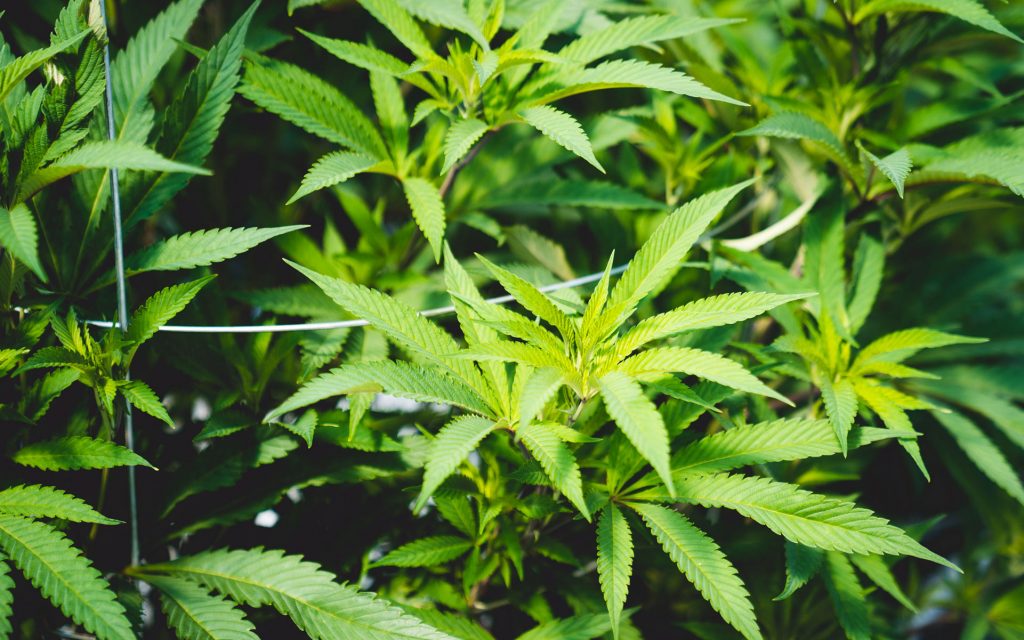 Brandon Lin/Leafly
Brandon Lin/Leafly
“There’s no higher purity irrigation input than stuff that falls out of the sky,” said Sutton. “It’s never been treated with chlorine or fluoride… Our plants are getting treated to this day-spa quality input.”
To protect against mildew and pests SunLab¹ doesn’t use pesticides or chemicals. Instead, the warm air is pulled through a ventilation system which uses bark mulch to filter out the dank cannabis smell, and employs 13 different insects which prey on any bugs which would try to eat or harm the plants.
“Everything we do is so far beyond certified organic in its principles,” said Sutton, who dislikes the ‘organic’ label because companies tend to chase the label rather than create businesses which leave the planet a better place, he said.
Sustainable cultivation is just one part of how Tantalus Labs is growing premium cannabis.
Highlighting some of the best BC Cannabis strains, SunLab¹ is growing Blue Dream, Cannatonic, Skunk Haze, Harlequin, Cascade, Serratus, and Water Sprite crops.
All of these strains pay homage to the province’s legacy market and are grown from unique seeds cultivated by Tantalus Labs. Plants are allowed to fully mature and their long-flowering times allow the genetic potential of each crop to manifest in a substantial way, said Sutton. Harvests are also slowly dried over 15 days to avoid crisping the plant and to showcase its flavour and chemical traits.
Keeping a room full of male cannabis plants, Tantalus Labs carefully breeds their favourite plants “to unlock the potential for new genetics, new flavour profiles, and new chemistries as well as new disease resistance and agricultural robustness,” said Sutton.
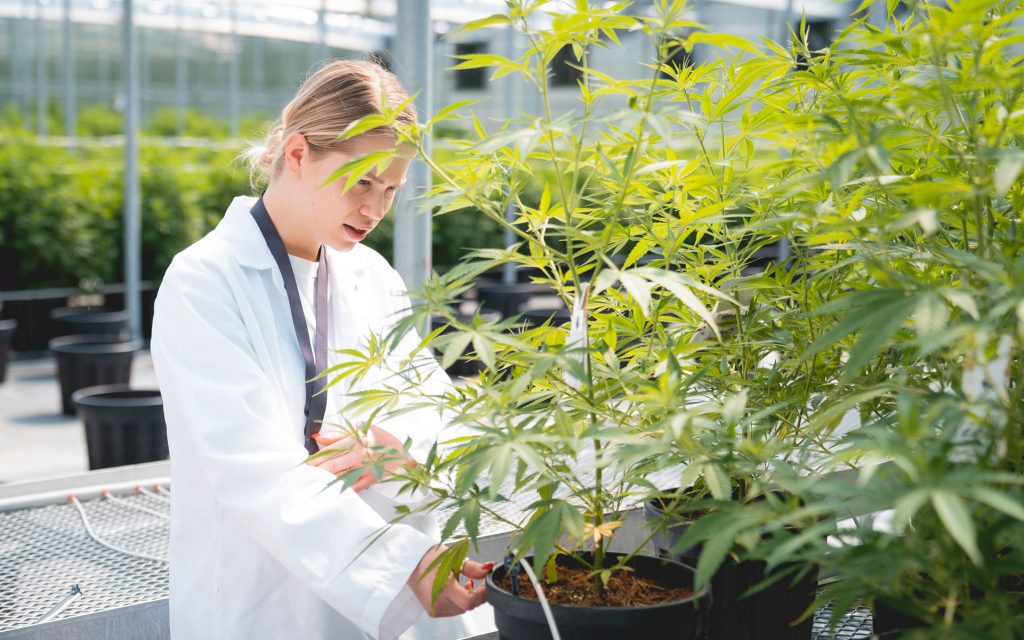 Brandon Lin/Leafly
Brandon Lin/Leafly
“It’s one of my favourite aspects of the business because it’s so hard to emulate and it’s ultimately what interests us. We don’t find ourselves bending to trend, we just do what we think is interesting,” he added.
But Sutton knows it’s not all just about Tantalus Labs.
“I personally aspire to see a diverse industry with many participants because it will lead to better cannabis. It will keep us more competitive, it will carve out a name for BC Bud on a global scale,” he said, adding his goal is to make British Columbia the Napa Valley of cannabis.
